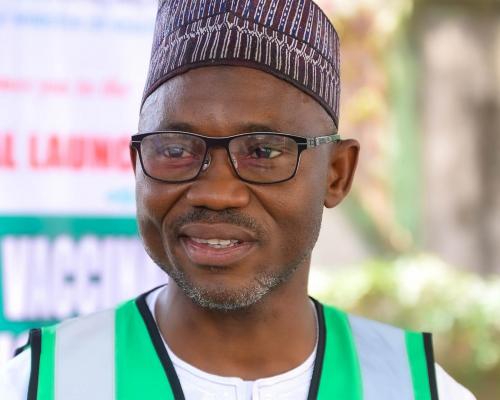
Abuja, 15 March 2021 – After Yunusa Thairu became one of Nigeria’s earliest vaccination recipients, his mother received a text message that her son had taken the COVID-19 vaccine and something bad might happen to him.
“She got super worried and gave me a call,” the doctor recalls. “I had to drive down to go see and assure her that I am fine, [that] there is nothing wrong with taking the vaccine. Upon seeing how healthy I was, she agreed to take the vaccine when it is available.”
Her son, a medical consultant at the United Nations Nigeria Isolation Center at Durumi in Abuja and with the University of Abuja Teaching Hospital Gwagwalada, is among the 1 million health workers the Government of Nigeria is targeting in the first phase of its nationwide rollout of COVID-19 vaccinations that begin this month.
“Things like this give me joy, taking the lead and others following,” says Dr Thairu. “This pandemic has impacted my work life in so many ways—I see it as a calling on the brave ones to come out and get counted.”
Like Dr Thairu, many Nigerians are eager for the vaccine.
“I am excited about this vaccine,” says Patience Peter. “Finally, we can be at ease. When everyone takes it, we will not have worries of getting infected or losing any loved one. My friends lost their parents and loved ones but it has not affected me directly, it is still sad to see people losing their lives to something that can be prevented. I cannot wait to get vaccinated.”
Included along with the front-line health workers in the first phase of the national vaccination campaign are support staff and other health workers as well as first responders in the military, paramilitary and other security agencies, including immigration services.
Once the health workers are vaccinated, the second phase of the roll out will target adults aged 50 and older (with or without an underlying disease) but starting with those aged 60 and older. Phase 3 will accept anyone aged 18–49 with underlying disease (such as hypertension, diabetes, lung disease, cancers and heart conditions). And the fourth phase will expand to anyone in that age group without any underlying disease condition.
“A lot of demand generation and sensitization of critical stakeholders have gone into the preparedness towards the vaccine rollout,” stresses Dr Faisal Shuaib, Executive Director of the National Primary Health Care Department Agency. His agency and partner agencies, including the World Health Organization (WHO), have deployed electronic self-registration and house-to-house registration for the vaccination campaign across the 36 states and Federal Capital Territory.
Dr Shuaib also emphasizes the “assurances and subsequent certification from the National Agency for Food and Drug Administration and Control” that the AstraZeneca COVID-19 vaccine that the nationwide campaign is beginning with “is safe for use”.
Although he is aware of all types of COVID-19 candidate vaccines in the market, Dr Shuaib says the Federal Ministry of Health and its agencies, the National Primary Healthcare Development Agency and the National Agency for Food and Drug Administration and Control, will ensure that only WHO-approved COVID-19 vaccines are introduced in the country. “Hence, we are prioritizing the number of vaccines that will be rolled out – maximum two or three, depending on availability.”
Nigeria is slated to receive 84 million doses of the COVID-19 vaccines from the COVAX Facility, co-led by Gavi, the Vaccine Alliance, WHO and the Coalition for Epidemic Preparedness Innovations, working in partnership with the United Nations Children’s Fund, the World Bank, civil society organizations, manufacturers and others. COVAX is part of the Access to COVID-19 Tools (ACT) Accelerator, a ground-breaking global collaboration to accelerate development, production and equitable access to COVID-19 tests, treatments and vaccines.
Through the African Export-Import Bank and the African Union, Nigeria will receive 41.3 million vaccine doses beginning in April.
“We are not ruling out some vaccine hesitancy from the public, but we are putting measures in place to educate and sensitize the citizens that the COVID-19 vaccine is safe and efficacious,” assures Dr Shuaib.
Dr Thairu wants to help protect that message of safe and effective. “The misinformation on news media is alarming,” he says. “A lot of messages on how to use non-pharmaceutical methods to prevent and cure COVID-19 are going on and on. I think this is time for us to use social media and the likes to create awareness on this vaccine and enlighten people of its importance to containing the disease.”
Godwin Okpara, for instance, is not sure if he will take the vaccine. He admits the conspiracy theories have him nervous, and he wonders how the vaccine will affect him in the future. “I have lost two loved ones in this pandemic, and I don’t want to lose any other person,” he admits. But he does not know what to trust. “I and my family are still deliberating on taking it when it becomes available for everyone.”
The government strategy to calm fears and create queues for the anti-coronavirus vaccination include high-profile recipients like the country’s president and vice-president (already jabbed), state governors and deputy governors, speakers of each State House of Assembly, chief judges and religious leaders.
“We will continue to use all available channels and media to enlighten the public and provide clarifications where necessary,” Dr Shuaib says.
“This vaccine coming in is a morale booster,” cheers Dr Thairu. “It will boost our confidence as health workers and our ability to take in more patients and eradicate COVID-19. It is going to give us multiplying effects as more people are now willing to participate in the response.”
Technical Contacts:
JEAN BAPTISTE, Anne Eudes. Email: jeana [at] who.int; Tel: +234 813 173 6281

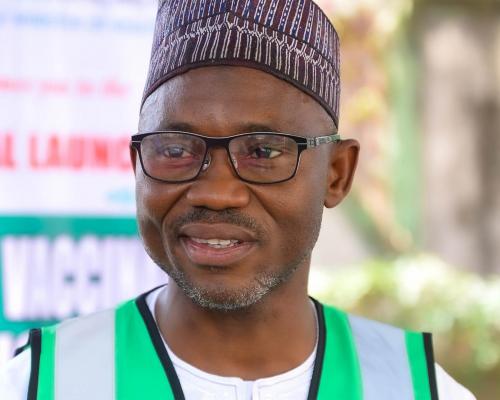
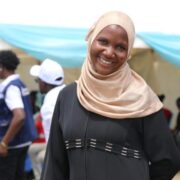


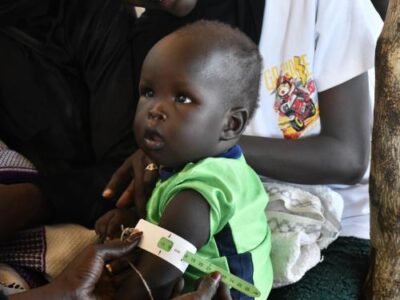
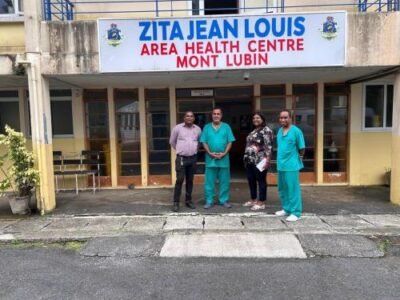
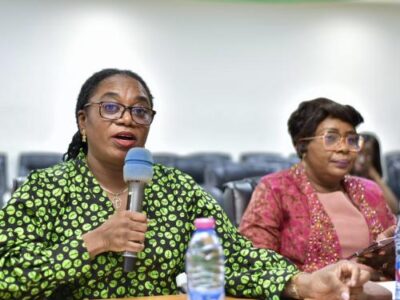
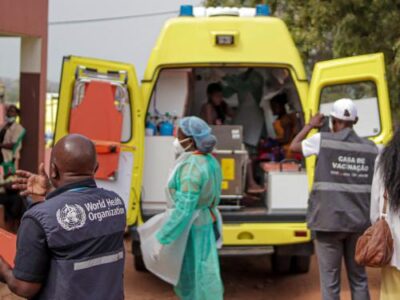

Comments